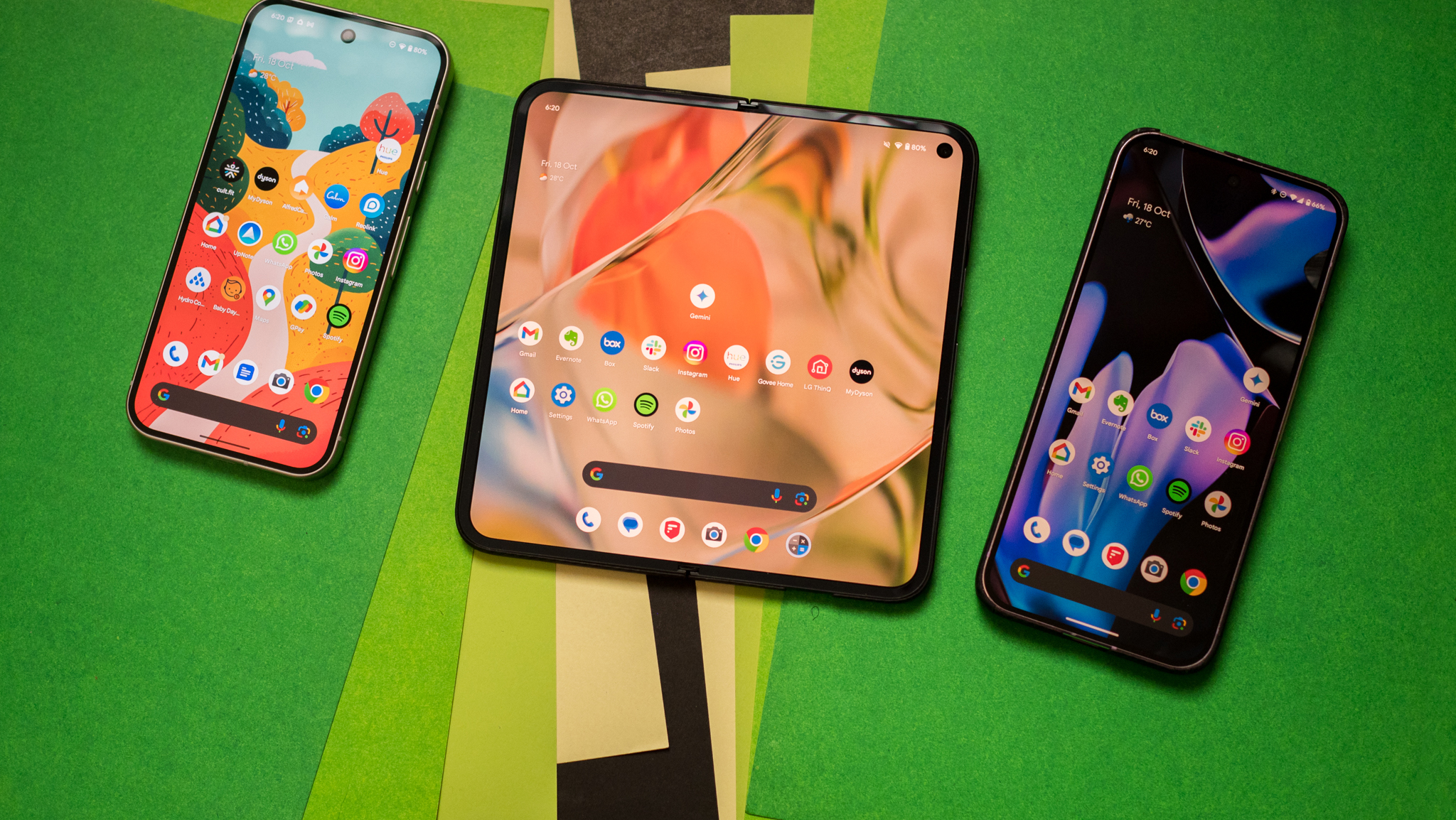The Pixel Fold wasn't sent to the grave because it isn't actually dead yet
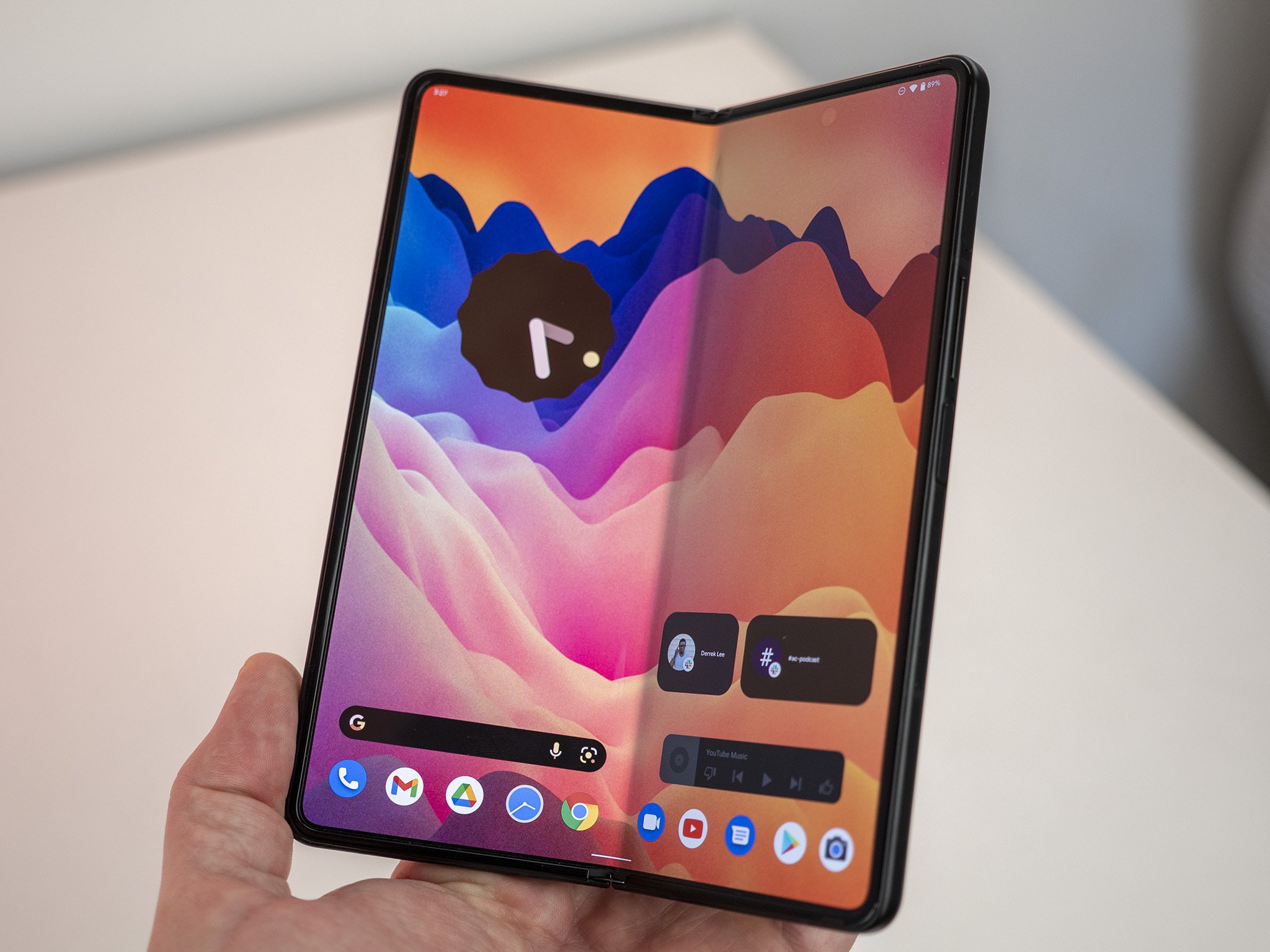
Google may have a track record of killing projects before they become a reality, but in the case of the potential foldable device, that's likely not what will happen. A new report indicates Google is canceling the release of a foldable device in 2022 and experts note it's possibly not the right time and that the company wants to perfect the form factor, some analysts say.
Bad news for those waiting for the Google Pixel Fold. We hear they have canceled parts orders and decided not to bring it to market as indicated in the latest DSCC Weekly Review. See blog excerpt at https://t.co/EVmWKcgi2c. @DisplaySupply pic.twitter.com/2P5lFW09PtBad news for those waiting for the Google Pixel Fold. We hear they have canceled parts orders and decided not to bring it to market as indicated in the latest DSCC Weekly Review. See blog excerpt at https://t.co/EVmWKcgi2c. @DisplaySupply pic.twitter.com/2P5lFW09Pt— Ross Young (@DSCCRoss) November 15, 2021November 15, 2021
Revealed by Display Supply Chain Consultants' analyst Ross Young, supply chain sources indicate that Google is no longer planning for a 2022 foldable device reveal.
"Our sources indicated that Google believed the product wouldn't be as competitive as it needed to be. They likely figured that competing against Samsung in the U.S. and Europe in a small niche market facing higher costs than their primary competitor would stack the odds against this project," Young writes in a blog post.
Android Central reached out to Google for comment but did not hear back in time for publication. That being said, a source familiar with Google's plans has told AC that the project has not completely halted, but rather been postponed for a 2023 release.
Young says in an interview that without knowing Google's long-term strategy regarding foldable hardware, it is "likely that Google will continue to monitor the foldable market and potentially enter at a later time."
"As the foldable market continues to grow, we expect greater than 100% growth in 2022, we think Google will eventually enter the market with a foldable device. It may be 2023 or later," he adds.
Samsung's impressive lead makes it hard for other manufacturers to enter the market
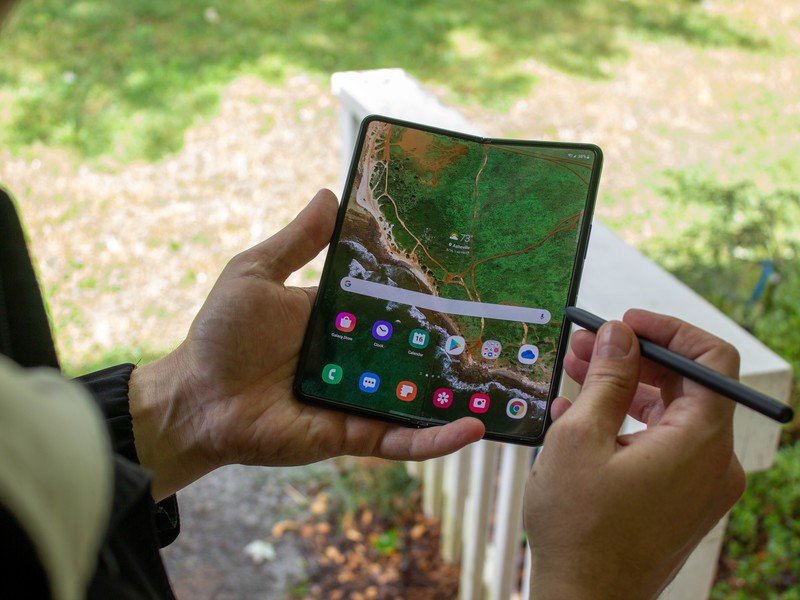
Maurice Klaehne, a research analyst at Counterpoint Research, says in an interview that he refrains from commenting on rumors or speculation but it is very important to note that Samsung has a big lead over other manufacturers in the foldable space.
Be an expert in 5 minutes
Get the latest news from Android Central, your trusted companion in the world of Android
"[It] naturally makes it harder to enter a market as Samsung commands a very big market share, with different form factors and price ranges even," he says.
Samsung proved to customers that it was thinking differently about foldable devices when it introduced the Galaxy Z Fold 3 and Z Flip 3. The company showed it was able to offer a premium experience that slab-shaped phones couldn't at prices that were still expensive, but reasonable. It should be noted that Samsung isn't the only company with foldable phones, included in this list are Microsoft, Motorola, Huawei, and Xiaomi.
Klaehne says that the market is still nascent and that companies are still figuring out durability, the screen crease, and longevity of the flexible screens; all of which can still be improved upon.
There is also a high cost that comes from research and development, he says, and when companies wait longer before launching their own device they "will be able to fine-tune their devices more to address customer pain points, but at the cost of current mindshare."
Jitesh Ubrani, IDC's research manager of worldwide device trackers, agrees with Young and notes that if Google were to have released a device now it "simply wouldn't be competitive enough, as Samsung's reach and brand recognition surpass Google's in the smartphone market."
He notes that Google would struggle with securing enough supply and at the right price because they don't have the same scale that Samsung does.
"Not only would Google struggle with supply but they notoriously lack the carrier relationships that are key for the success of any smartphone in the U.S. and Europe," he says.
"Not only would Google struggle with supply but they notoriously lack the carrier relationships that are key for the success of any smartphone in the U.S. and Europe," he says.
While Samsung barely has a presence in China with the foldables, they are the second-largest vendor behind Huawei, Ubrani says. He says, in general in China, local brands and Apple lead in the smartphone market space, and Samsung faces an uphill battle. The foldable space in the U.S. and Europe are completely different, Ubrani adds, noting that consumers don't have it as easy when it comes to switching between smartphone brands because they're often tied into an ecosystem.
"Smartphone distribution in the U.S. is also heavily dominated by telecos and Samsung has developed a very good relationship with these channels over the years," he says.
Anshel Sag, senior analyst at Moor Insights & Strategy, adds that because "Samsung has already set the bar quite high," it might be smart for Google to step back, for the time being at least.
"It would be a fairly high-cost and high-price product to produce which could result in a considerable loss if it were to flop, which I believe Google was concerned about," he says.
Android 12L is indication that this project isn't dead, yet
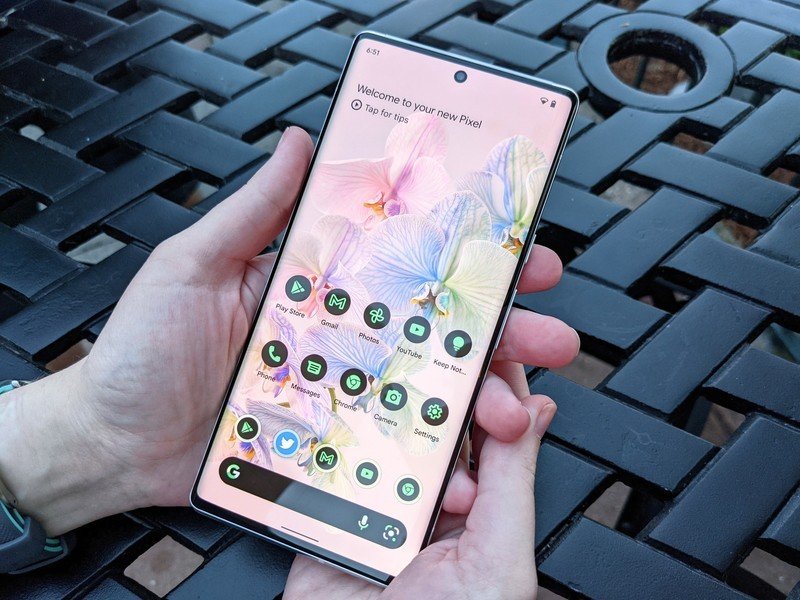
Google's foldable device has been rumored for some time now as the company's answer to the growing foldable segment. It was alleged to have a 120Hz LTPO display similar to some of the best foldable phones from Samsung. It would also likely have been powered by Google's first in-house designed chip, Google Tensor.
And just because we might not be getting a foldable any time soon, it was clear Google had plans for foldable software with Android 12L. The new OS is due out in early 2022, which will improve the Android experience on tablets and foldables.
"But I believe it would be premature for Google to launch a foldable before it updates Android to fully support it," he says.
Despite the indication of 12L, which is designed for larger displays, Sag says that Google will create a foldable "regardless of when Android 12L comes out."
"But I believe it would be premature for Google to launch a foldable before it updates Android to fully support it," he says.
Ubrani agrees, adding that even if Google doesn't release a foldable, 12L is meant for larger screens so many of Google's other products stand a chance to benefit from Google's developments.
"I don't think Google created 12L simply because they wanted to launch a folding device, rather I think the pressure from their partners and end-users is what's led to the [potential] creation. Google probably just wanted 12L to have a folding phone launched alongside the OS," he says.
For that matter, Klaehne notes that foldables are here to stay and that means hardware "needs to be matched with appropriate software."
Yes, Google has abandoned projects, but that's not the case this time
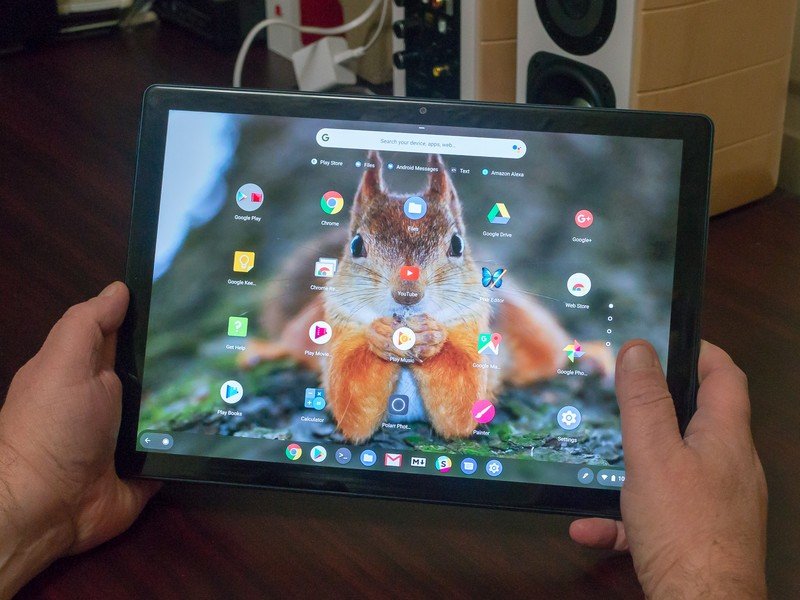
There have been plenty of times when we hear rumours of Google's potential products, whether it's with researchers revealing codenames, or if it's speculative leaks of design renders.
In mid-October, AC reported that the rumored Pixel Watch was not going to launch this year, despite speculation that it would launch around the same time as the Pixel 6 lineup. The watch is now delayed to launch in Q1 2022, and part of the delay could be because of the semiconductor shortage continuing and Google is bidding time to ramp production.
There was also the demise of the Pixel Slate that was announced in October 2018 and discontinued in the three countries it launched in after two years.
Eight months after the launch of that tablet, Google confirmed it was stepping out of the tablet market and would focus on laptops only. This means any device that "detaches completely from a keyboard base or doesn't even have a physical keyboard in the first place."
But these examples are not an indication that Google plans to abandon the foldable, Ubrani says.
"In the long run, I do believe Google will launch a foldable, especially as costs come down and the form factor is more widely accepted. That said, they could perhaps start with a clamshell form factor like the Z Flip as it provides an easier transition from the traditional smartphone to a folding one and ensures minimal software changes," he says.
Sag agrees, adding that "Google isn't in a rush and at this point it doesn't really matter when Google comes to market because it is still a very small market."

Shruti Shekar is Android Central's Editor-in-Chief. She was born in India, brought up in Singapore, but now lives in Toronto. She started her journalism career as a political reporter in Ottawa, Canada's capital, and then made her foray into tech journalism at MobileSyrup and most recently at Yahoo Finance Canada. When work isn't on her mind, she loves working out, reading, watching the Raptors, and planning what she's going to eat the next day.
